
Chinese stocks related to the traditional tobacco business rose following suggestions that China would regulate e-cigarettes like tobacco products.
Cigarette packaging provider Letong Chemical and cigarette printing and filter maker Shaanxi Jinye Sci Tech & Education surged by the daily cap of 10 percent, according to the South China Morning Post.
By contrast, vapor companies tanked. Smoore lost HKD106 billion in market cap while RELX Technology shed $14.45 billion on the New York Stock Exchange immediately after the announcement.
On March 22, China’s Ministry of Industry and Information Technology and the State Tobacco Monopoly Administration released a proposed policy that aims to address tobacco product quality issues and false advertising. Without providing details, the agencies indicated that the changes would also apply to vapor products. The changes are currently subject to a public consultation that ends April 22.
Having taken arduous and often herculean steps to remain compliant with all government regulations, Kaival Brands and the leadership at Bidi Vapor hope that additional supervision of e-cigarette manufacturing will help raise standards for the devices worldwide.
Kaival Innovations Group
With around 300 million smokers, China is the world’s largest tobacco market and the world’s largest potential market for vapor products. iiMedia Research estimates that the Chinese e-cigarette market could reach CNY10 billion ($1.53 billion) in 2021. There were more than 170,000 vapor companies as of February 2021. The market is also expected to grow in the future year.
In 2019, Chinese authorities banned e-cigarettes from online shopping channels. The restrictions prompted e-cigarette companies to invest significantly in developing physical stores across the country. RELX Technology, for example, received 30 percent of its revenues from online sales prior to the ban. In January 2020, the company pledged to invest more than CNY500 million over the three years to open 10,000 authorized sellers in China.
Some vapor companies welcomed the prospect of greater supervision over the e-cigarette sector in China. U.S.-headquartered Kaival Innovations Group, which distributes the Bidi Stick brand, said the announcement would have no effect on its operations.
“Having taken arduous and often herculean steps to remain compliant with all government regulations, Kaival Brands and the leadership at Bidi Vapor hope that additional supervision of e-cigarette manufacturing [in China] will help raise standards for the devices worldwide,” the company wrote in a press release.

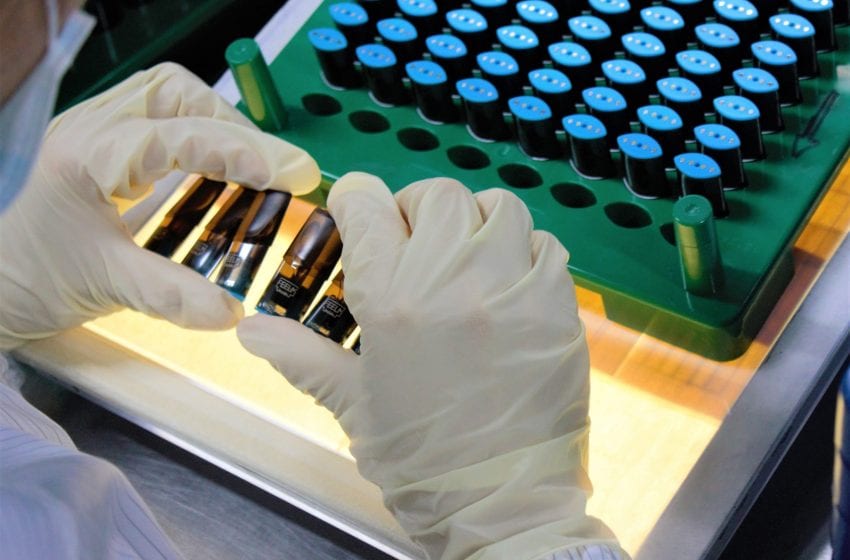





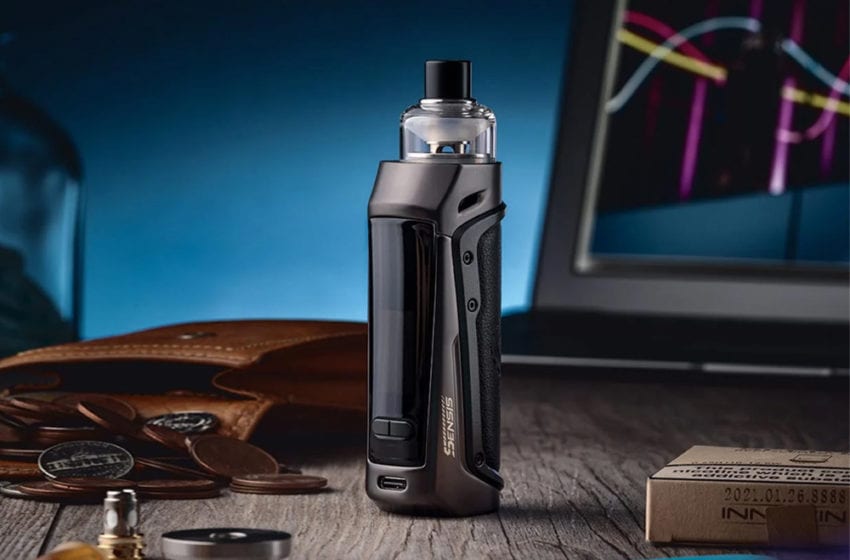
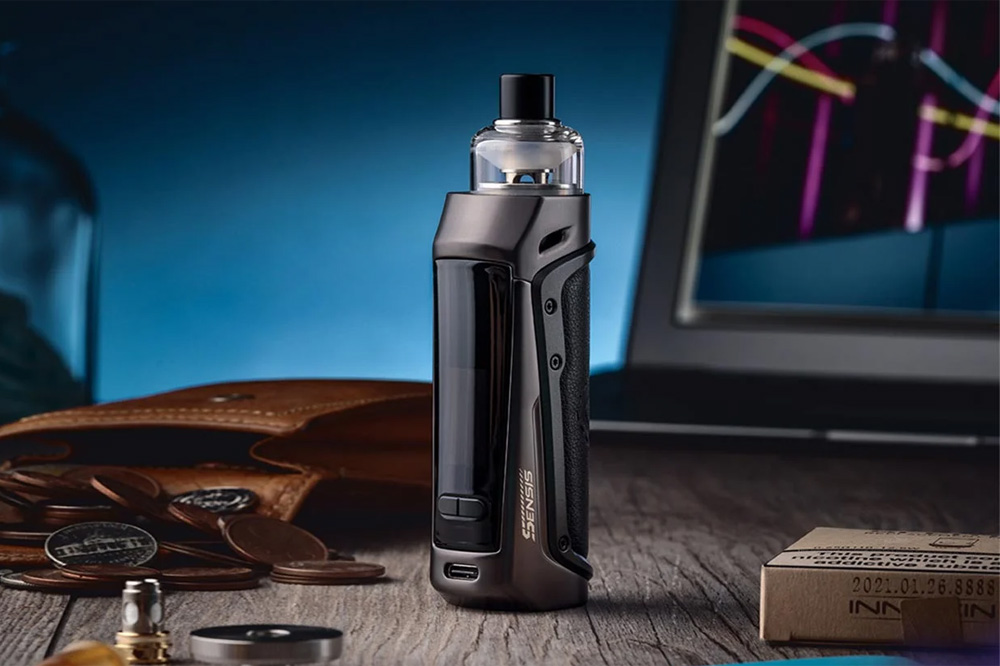


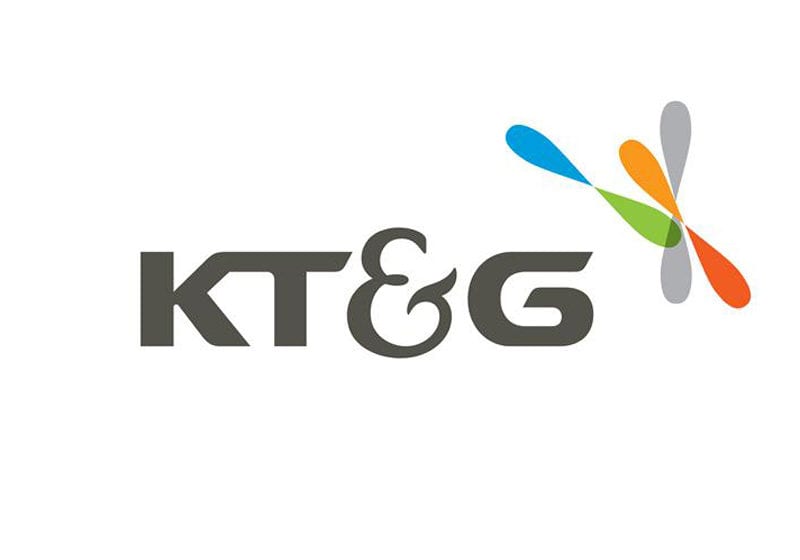
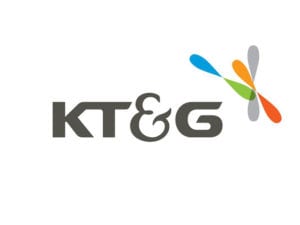 KT&G seeks to generate half of sales from abroad by 2025, according to the
KT&G seeks to generate half of sales from abroad by 2025, according to the 


 Cigarette manufacturers operating in the Philippines’ special economic zones (SEZ) will soon have to register with the Bureau of Internal Revenue (BIR) to help curb illicit tobacco trade, reports
Cigarette manufacturers operating in the Philippines’ special economic zones (SEZ) will soon have to register with the Bureau of Internal Revenue (BIR) to help curb illicit tobacco trade, reports 

